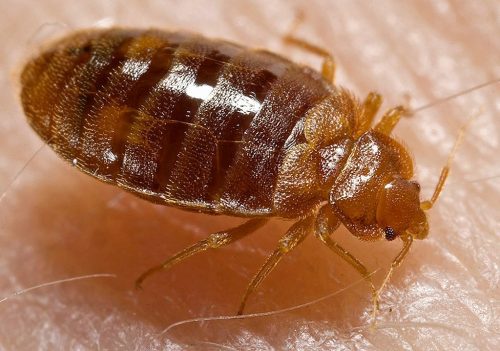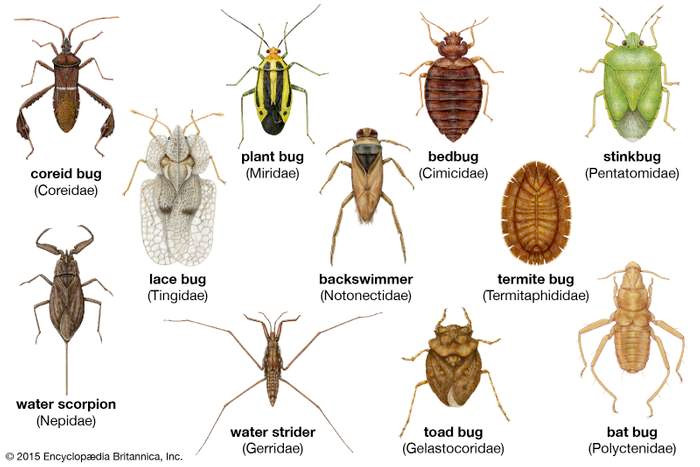Tucson Bedbug Extermination
Home » Tucson Pest Services » Tucson Bedbug Extermination

Bedbugs Are No Small Problem!
Bedbug infestations are on the rise in North America, and the Southwest is no exception. We’re seeing spikes in bedbugs throughout Tucson and they are difficult to control and remove, most often requiring professional treatment with specialized products and equipment to properly remove the infestation.
What most people find is that DYI bedbug removals not only end up being largely ineffective, but after numerous attempts you may have already spent more on different methods than having a professional provide proven results. Bedbugs also require an understanding of their lifecycle. Many DIY solutions result in bedbugs coming back after you think you’ve removed them.
One misconception is that bedbugs are equated with sanitation, which is completely untrue. They can exist anywhere they can gain access to ample food supplies. Bedbugs are elusive, transient pests that are hardy and very difficult to manage. They can live for months without eating and can withstand a very high range of temperatures from just above freezing to over 120 degrees.
How to Tell if You Have Bedbugs
Bedbugs are small, wingless insects that feed exclusively on the blood of warm-blooded animals. Humans are their preferred source of food because we have far more exposed skin than animals. They are incredibly resilient and evidence of bed bugs has even been found in ancient Egypt over 3,500 years ago.

The most obvious sign that you may have bedbugs is that you or members of your family complain about bites that occur during the night. If you notice this happening, begin examining the bed linens where they tuck under the bed. Look carefully in seams and tufts for either the insects themselves, or their eggs, which appear like tiny pale poppy seeds.
The most obvious sign of bedbugs in the home is that people complain of bites that occurred while they were asleep. If this happens, examine the bedrooms for bedbugs and signs of bedbug activity. The scary thing about bedbugs is that once you notice their presence, you begin to notice them everywhere hiding in your room. It’s at this point we recommend you call a professional right away. You can learn even more from our Pest FAQ section.
Get Professional Help Now
Our Tucson Bedbug Control Treatments are Safe, Proven and Guaranteed
The pros at Results Pest and Termite are ready to help you. The longer you wait, the worse it will get. The best solution is swift elimination. Give us a call or send us a request and help will be on the way!
Call 520-413-5415 Today!
Why Are Bedbugs So Difficult to Remove?
Bedbugs should not be equated with filth or sanitation problems — in hotels or in homes, for that matter. Bedbugs are very elusive, transient pests. They are often found in other areas besides the bed. And they are hardy. They can live for several months without eating and can withstand a wide range of temperatures from nearly freezing to 122 degrees Fahrenheit. Bedbugs can be controlled with vigilance, constant inspection and treatment by professional pest control companies.
In addition, one in five Americans now report they have had a bedbug infestation or know someone who has encountered bed bugs at home or in a hotel, according to a 2011 NPMA survey.
How Can I Prevent Bedbugs?
Bedbugs are transient and can easily travel with you or from objects that are brought into the home. The most common way to pick up bedbugs are from hotels or during business or family trips. Make sure that you wash your clothes immediately after returning home, including the clothes you are currently wearing. Previously owned furniture or clothing is also carries a high risk of bringing bedbugs into the home.
How Do You Know Infestations Are On the Rise?
The Bugs Without Borders survey conducted by the National Pest Management Association last in 2018 found that infestations are rising at a rate of over 90% of respondents saying they have had a bedbug treatment in the last several years. Prior to 2000, this number was around 30%. Additionally, one in five households report they have had an infestation or know someone that has in a 2011 NPMA survey.
